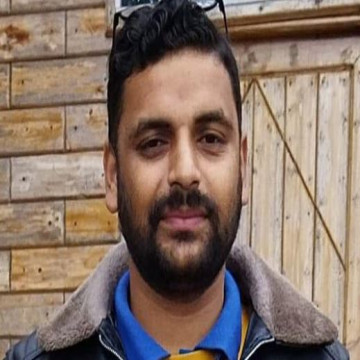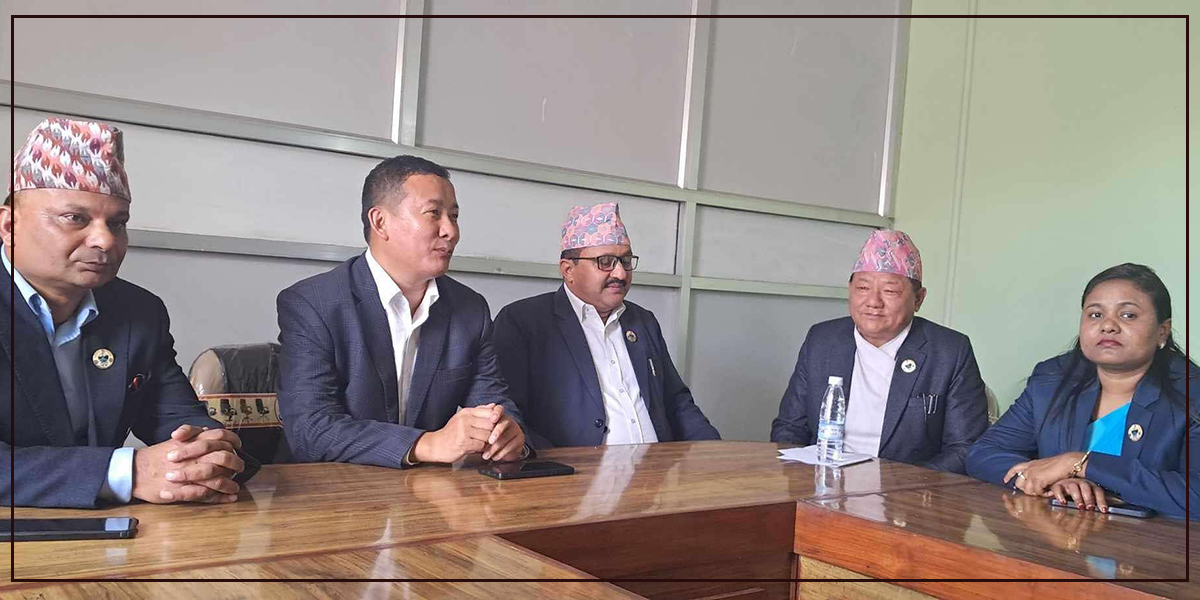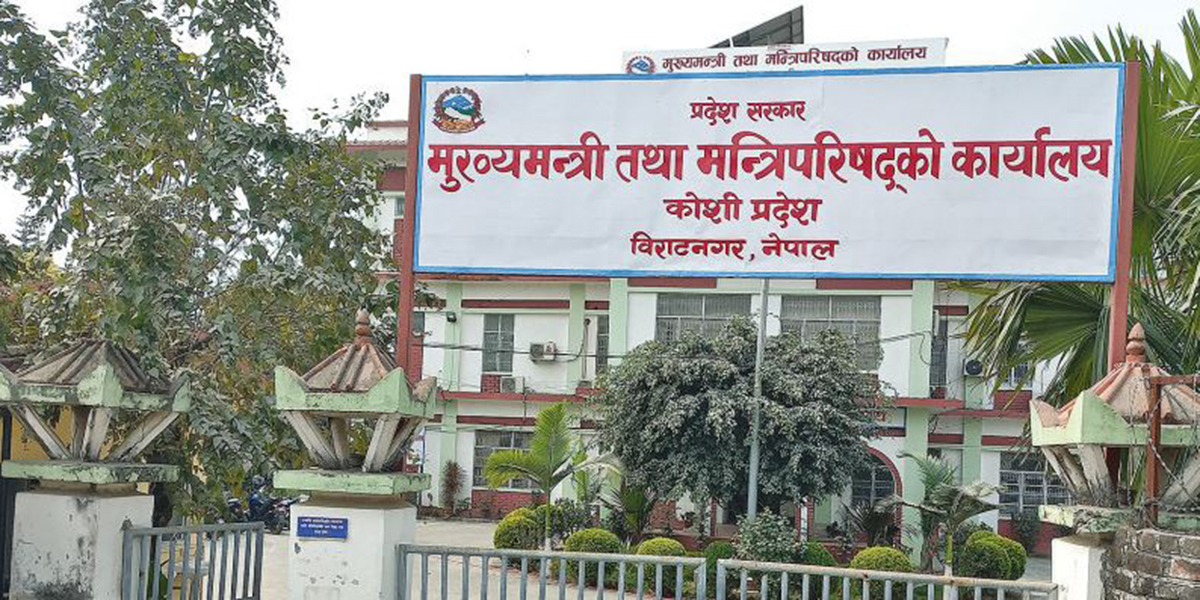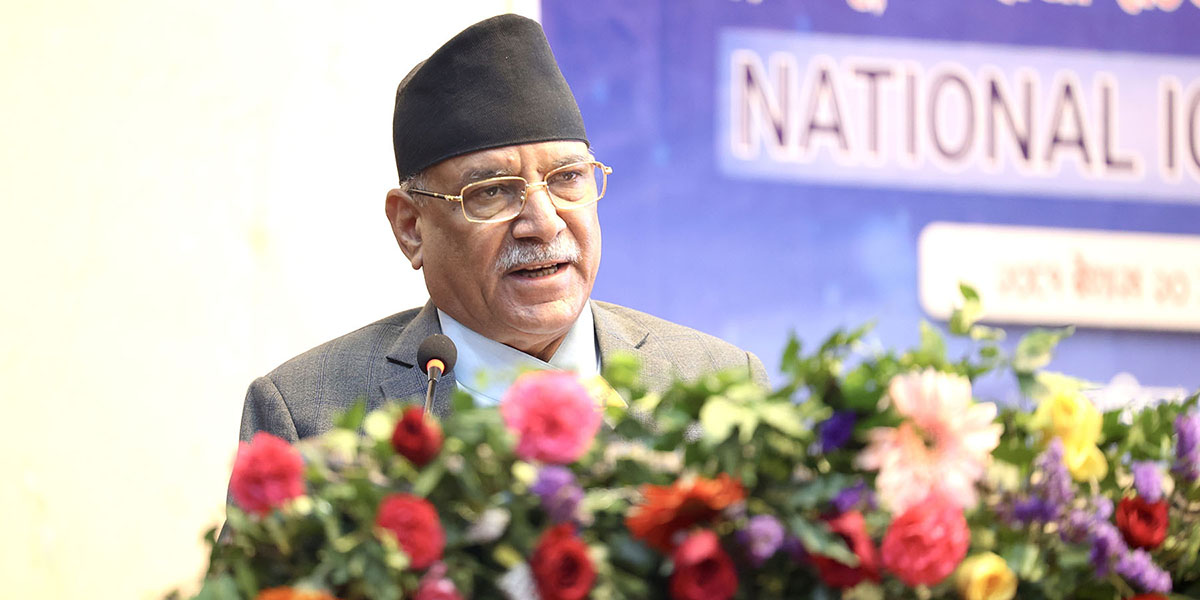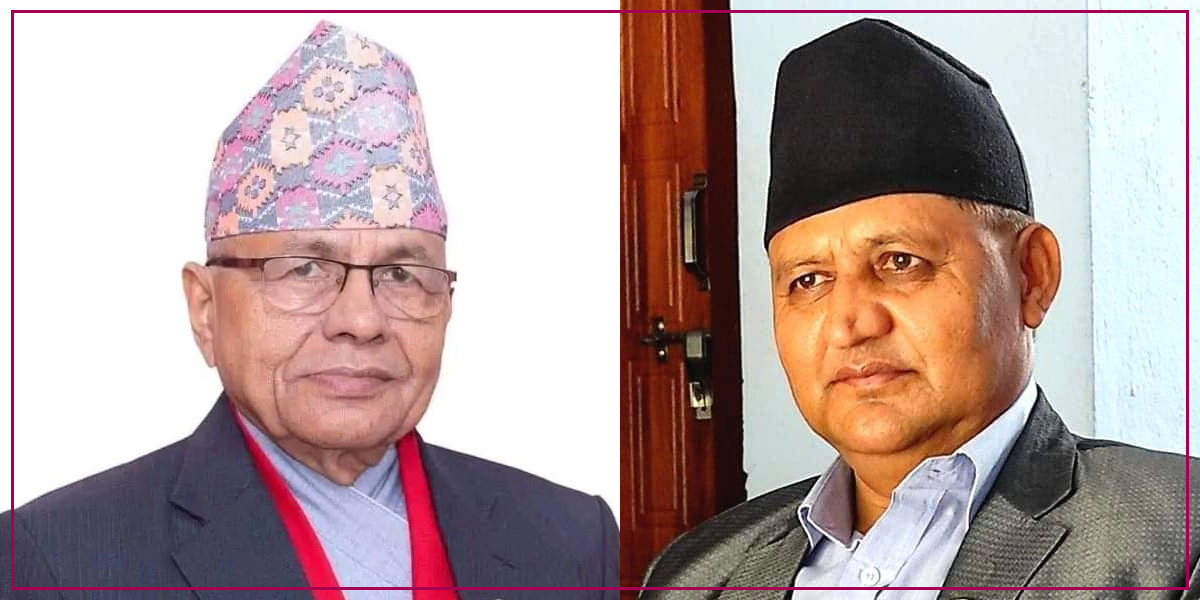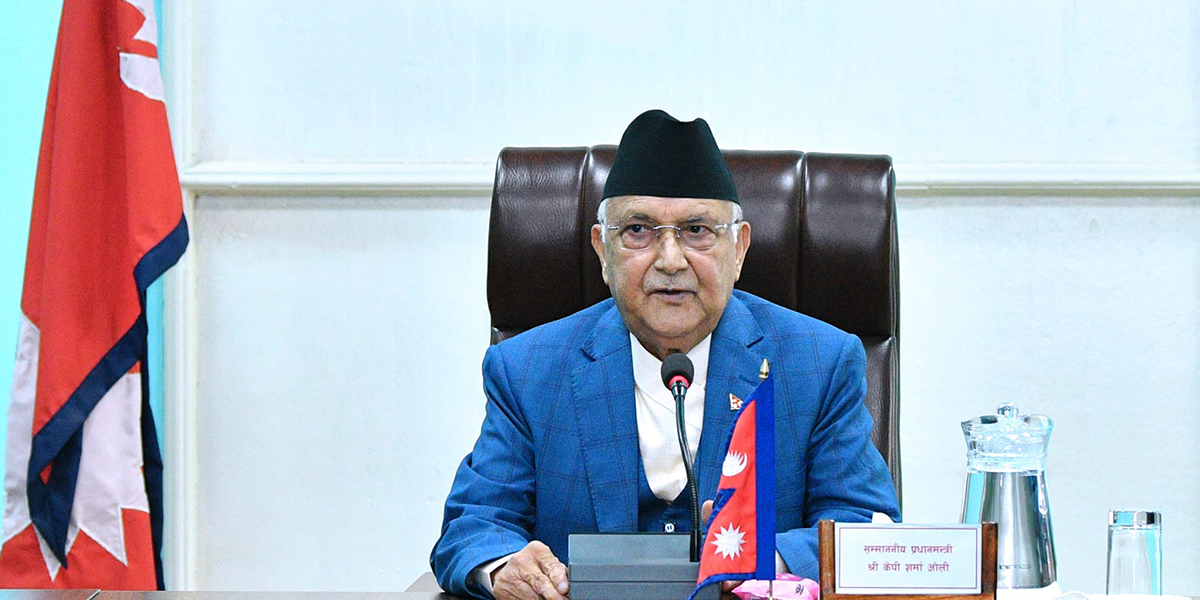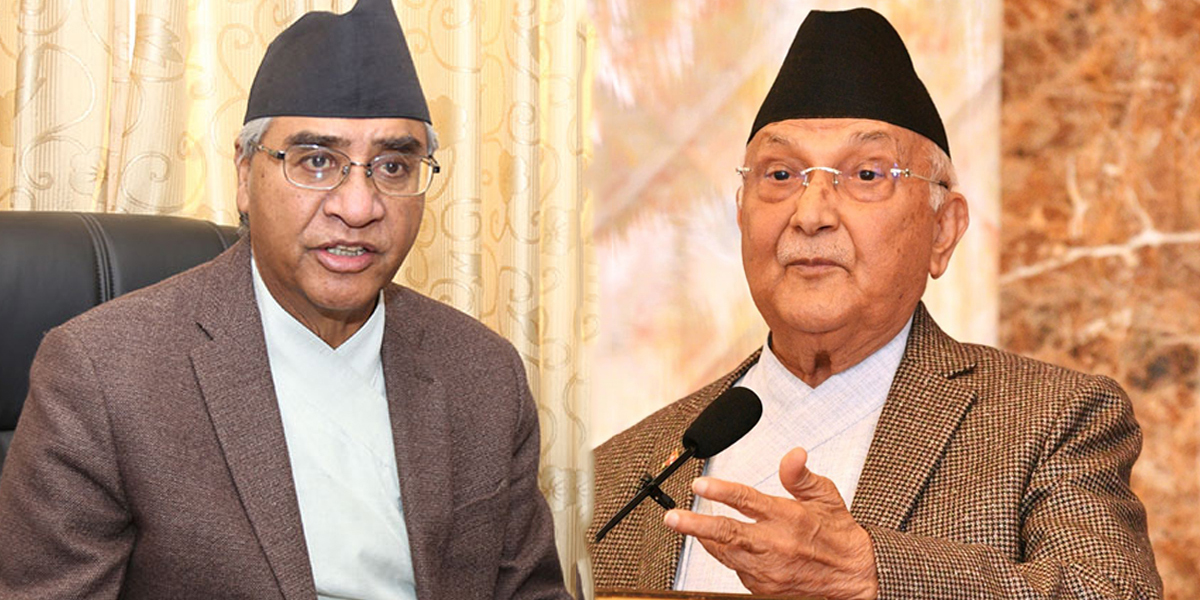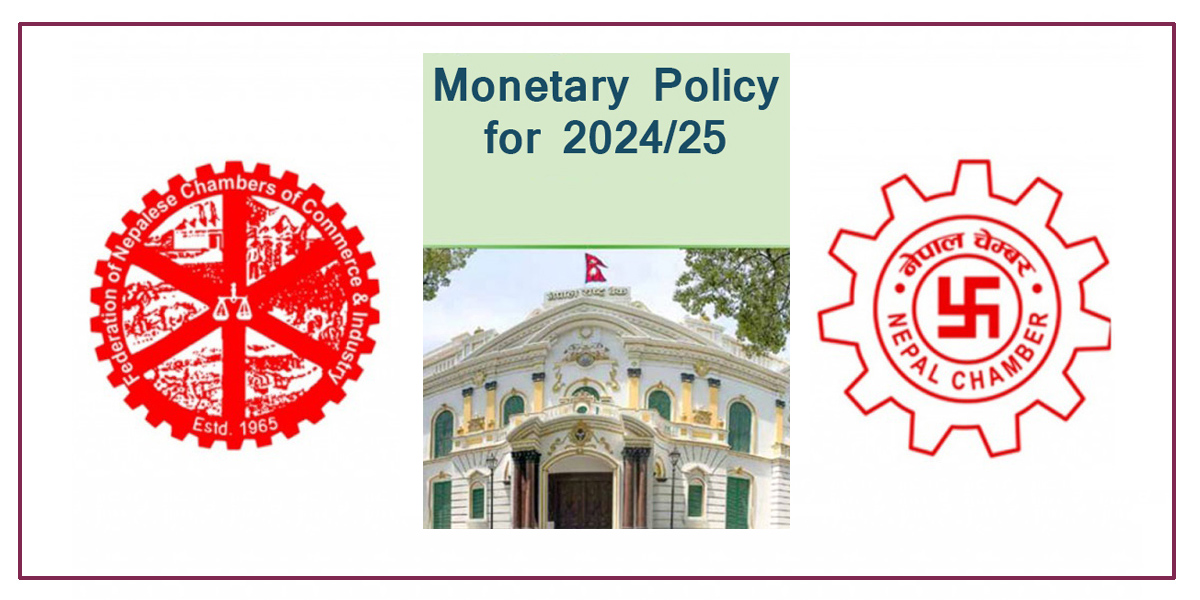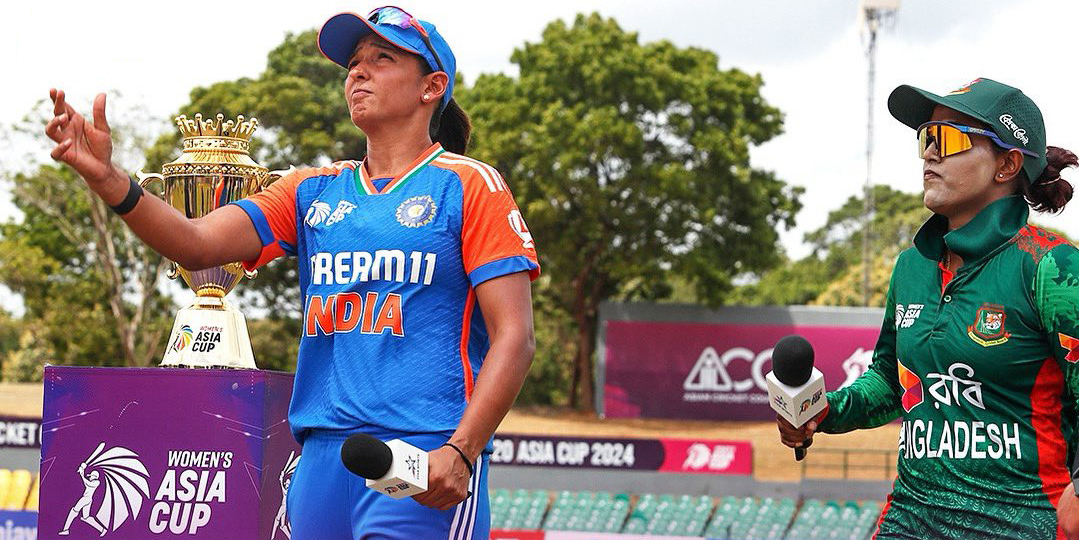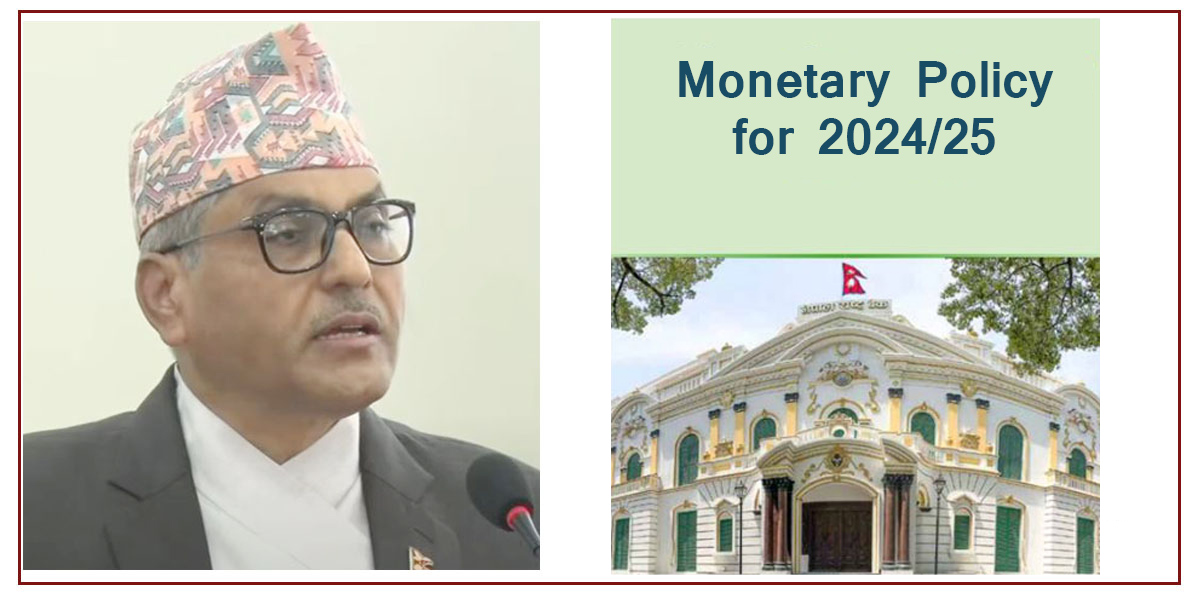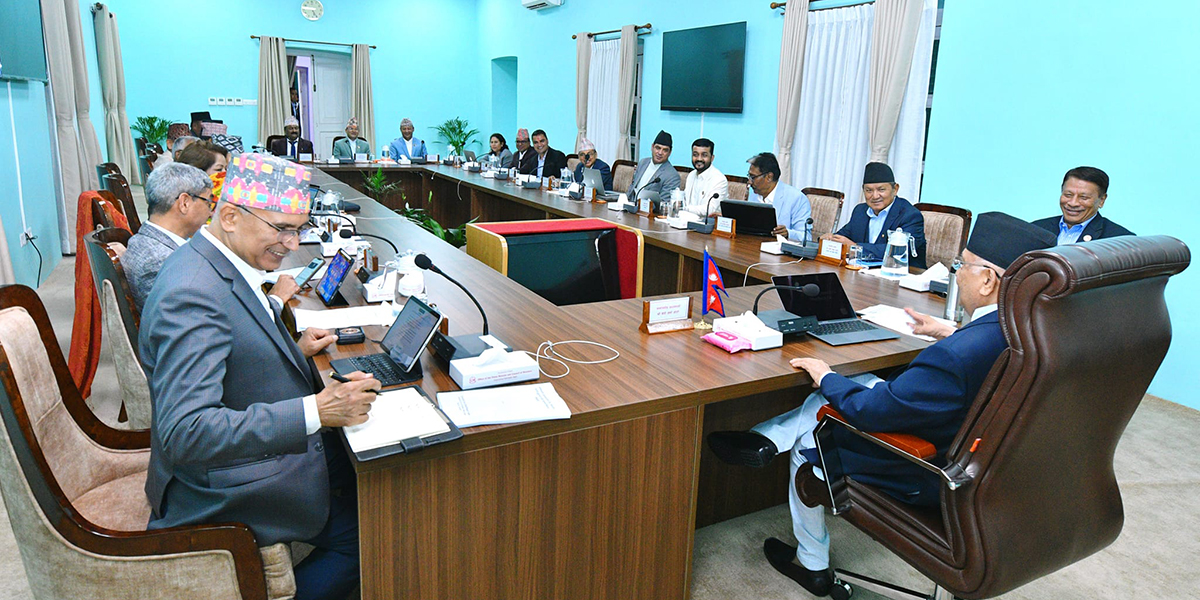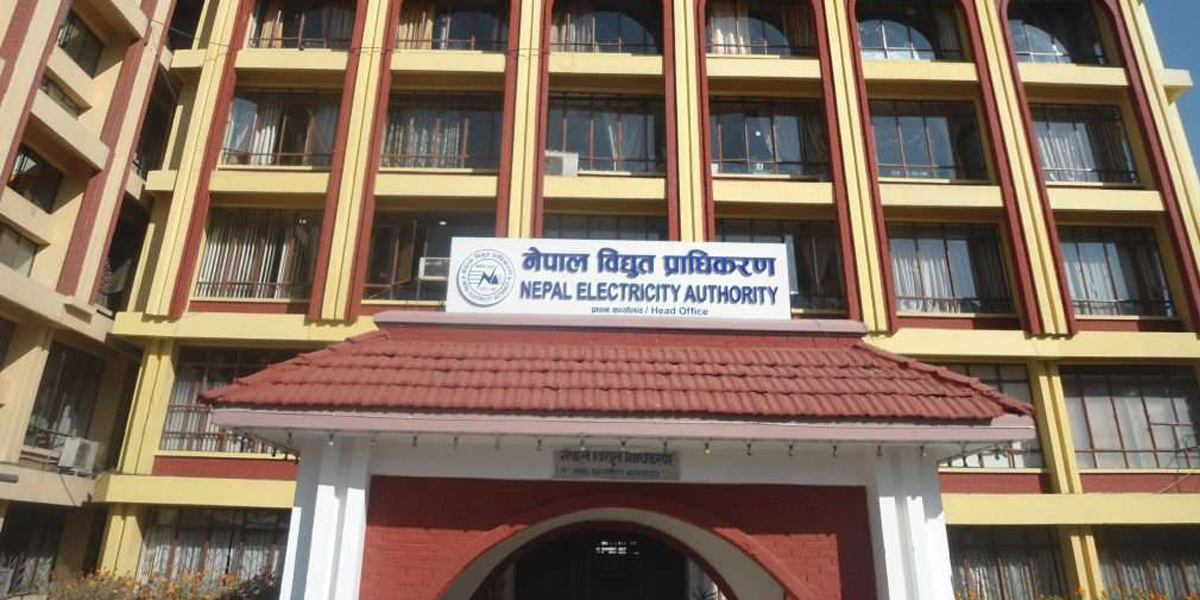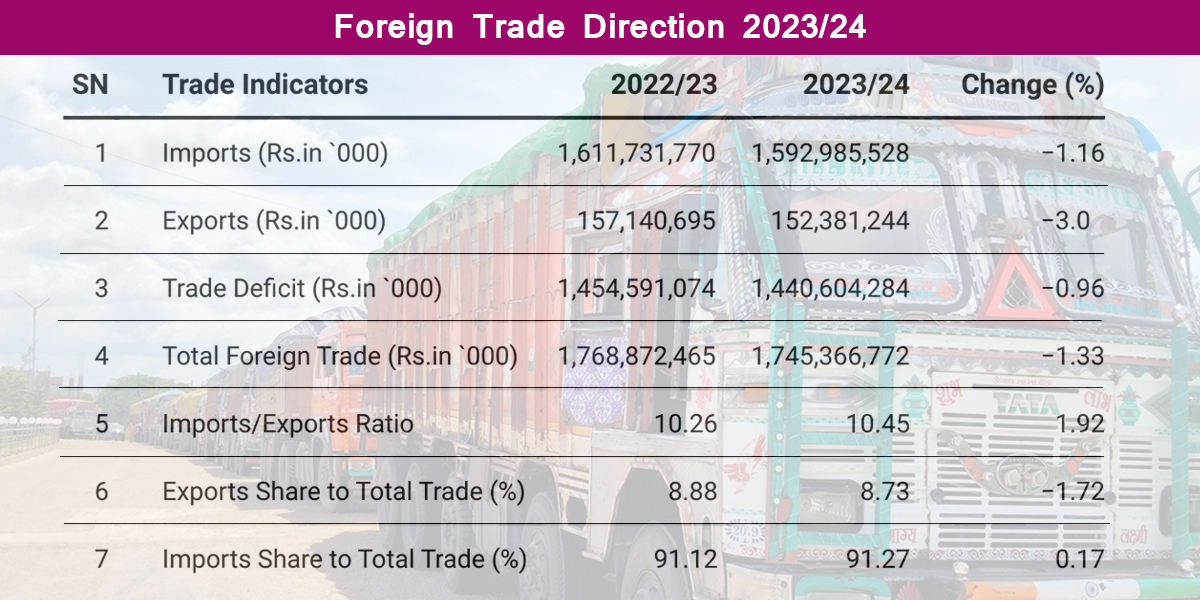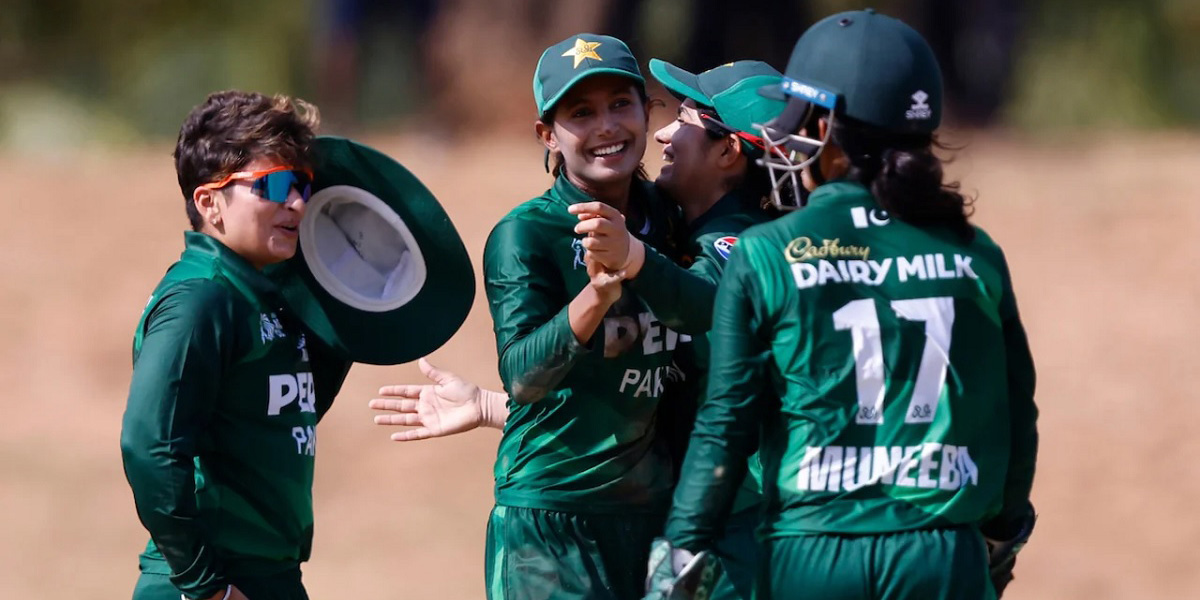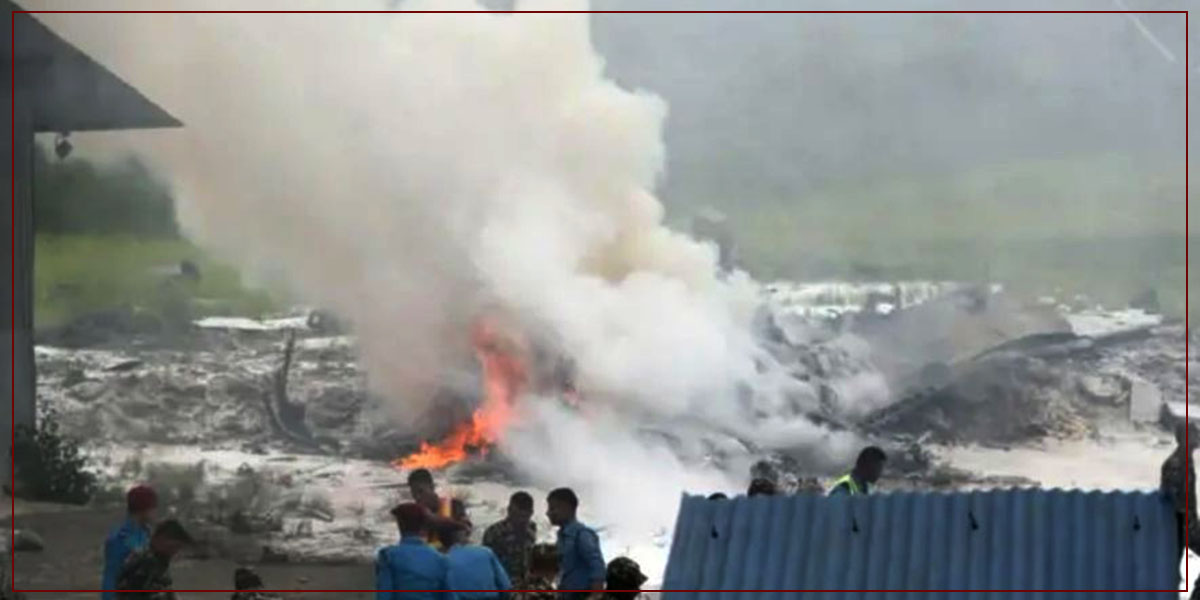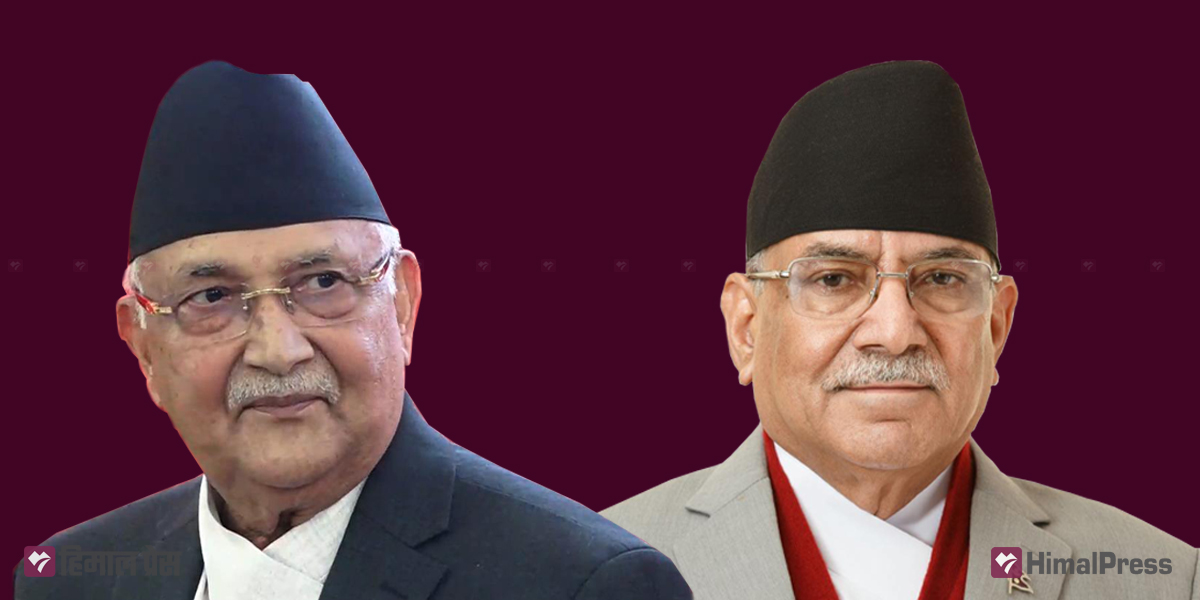
KATHMANDU: Many view CPN-UML Chairperson KP Sharma Oli as a leader who remains firm in his stance. Those who have closely worked with Oli say the former Prime Minister is prepared to accept defeat but doesn’t often display flexibility. Their understanding is that Oli is a leader who does not waver from the truth and does not bow down to power.
Due to Oli’s nature, parties think twice before forming an alliance with the UML party which he leads. Oli’s critics, however, argue that he practices ego politics rather than principled politics.
Until a month ago, Oli was branding CPN (Maoist Center) Chairperson Pushpa Kamal Dahal as the most unsuccessful prime minister in Nepali history. He would leave no opportunity to belittle CPN (Unified Socialist) Chairperson Madhav Kumar Nepal. The same Oli, who used to hurl harsh insults at Dahal, is now on the defensive and has even reached Nepal’s residence in Koteshwar for discussions.
A change has been visible in Oli lately. Not only has his speech changed, but his conduct also seems to have transformed. Transitioning from the opposition camp to the ruling coalition, Oli has started making public statements that the Dahal-led government will bring prosperity to the country.
Oli’s targets for criticism have now changed. Lately, communist leader Mohan Bikram Singh and Nepali Congress President Sher Bahadur Deuba have become the subjects of Oli’s attacks. UML leaders, however, consider Oli’s change in rhetoric as natural. “We have now formed a communist alliance. The country is heading towards positive change,” says UML Deputy General Secretary Prithvi Subba Gurung. “We have arrived where we needed to be. It is not necessary to consider this surprising.”
Oli did not even consider the Unified Socialist as a political party earlier. Now, Oli is ready to listen to many things from them. Jagannath Khatiwada, the spokesperson for the Unified Socialist, says that Oli’s sudden transformation has increased the possibility of the unification of leftist forces in the country.
Ego was the main reason for the breakup of the Oli-Dahal alliance a year ago. Maoist leaders accused Oli of trying to run the government by undermining Dahal. Dahal himself had said: “Oli tried to impose his conditions. That is why I chose to form a new alliance with the Nepali Congress.”
The main dispute at that time was over the position of President. While the UML wanted to appoint the President from its party, the Maoist Center wanted to give the position to the NC in the name of ‘consensus’. UML lost the presidency. The party also lost many other things because of Oli’s working style.
When UML and the Maoist Center announced the formation of a new alliance, the two parties reached an agreement that the Maoist Center would get the National Assembly Chairperson, with the position of Vice Chairperson going to UML. However, the new agreement signed by the ruling partners after bringing the Unified Socialist on board does not mention anything about the position of Vice Chairperson.
Leaders of the Unified Socialist claim that their party has been promised the position of Vice Chairperson. Likewise, the Maoist Center and UML are said to have reached an understanding to lead the government by turns, although there was no written agreement. The new agreement doesn’t mention anything about leading government by turns.
Oli has also said that there was no such agreement on leading the government by turns. Writing a post on his social media page on Friday, Oli said: “The practice of taking leadership by turns is being accepted as a practice. But politics is not like standing in a queue and saying ‘it’s your turn now’.”
Despite forming a new alliance, NC continues to lead governments in some provinces. Oli has not shown much interest in forming a government under UML’s leadership in these provinces. So much so, Oli seems prepared to allow the Unified Socialist to lead the government in some provinces.
Is Oli’s readiness to form a new alliance, despite losing so much, a sign of maturity? “Oli wanted to be in power. That has been achieved. The alliance has changed. The Nepali Congress is in opposition. Oli considers this a great achievement,” political analyst Dambara Khatiwada said.
UML leaders, however, say there is no need to interpret the unification of communist forces as otherwise. “What we always wanted is happening,” said UML Secretary Yogesh Bhattarai.
There is also an analysis that Oli aims to revive the Nepal Communist Party by uniting all leftist parties. But UML leaders are not ready to accept this. “Immediate unification with the Maoist Center and the Unified Socialist is not possible at the moment. This alliance is not party unification; it is only for cooperation,” UML Deputy General Secretary Gurung said.

